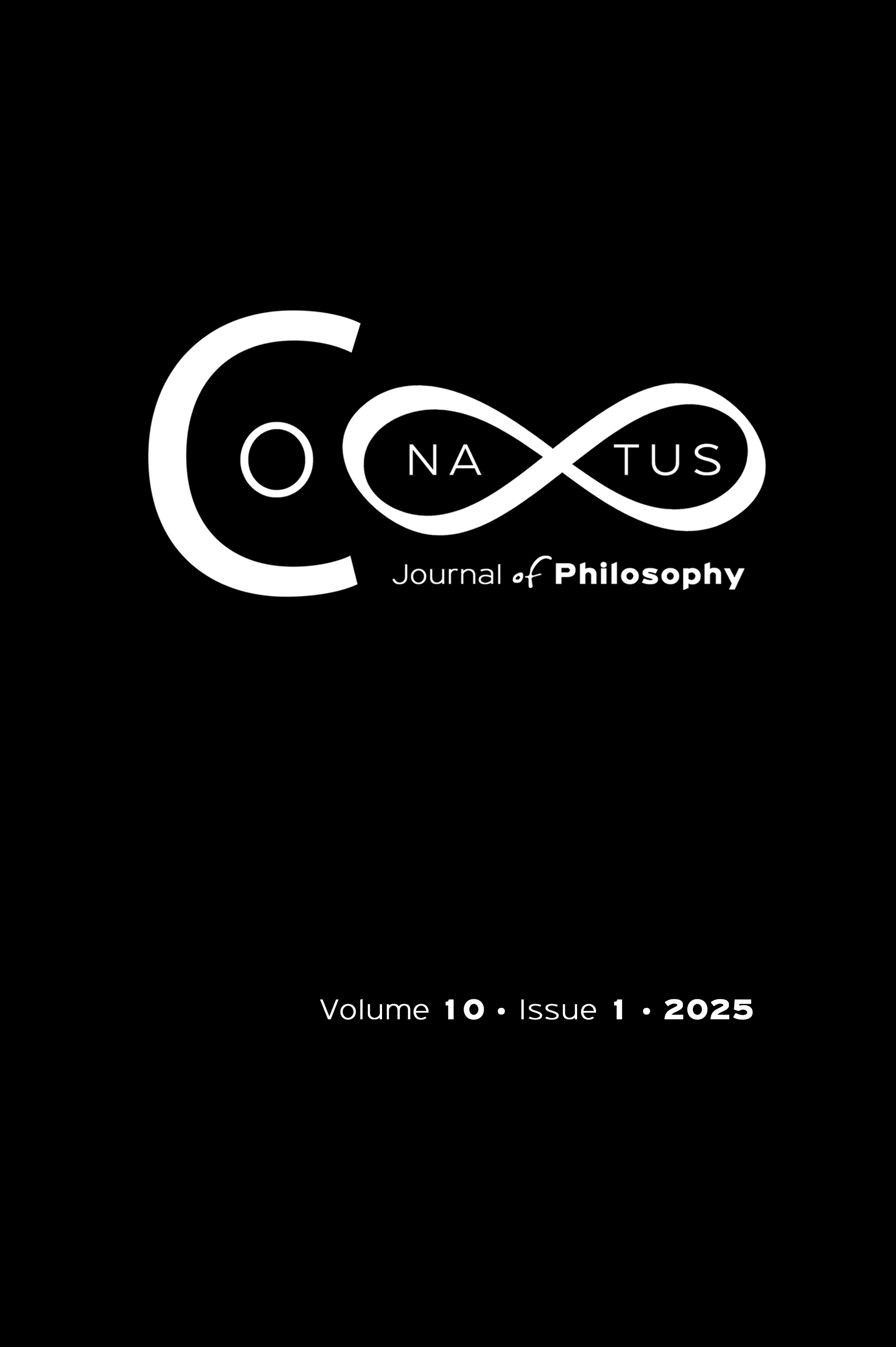Negotiating Autonomy: Lived Experiences of Female Living Organ Donors in Turkey
Resumen
One of the most significant developments in the field of health in the past century is organ transplantation. While often regarded as a life-saving solution for patients with end-stage organ failure, the lived experiences of living organ donors – especially women – remain underexplored in the literature. This study, conducted between 2022 and 2024, employed qualitative methods and a feminist phenomenological design. The study examines how socio-cultural expectations, kinship obligations, and internalized gender norms intersect to influence women’s decision-making processes in living organ donation. Among living donors, those who donate a liver or a kidney take on significant physical and psychological risks, making their perspectives particularly important for ethical reflection. Based on interviews with 18 female donors in Turkey, the findings reveal how women's lived experiences of donation are shaped by their embodied vulnerability, relational roles, and the moral weight of familial obligation. Rather than autonomous acts made in isolation, these decisions emerge within gendered landscapes marked by asymmetrical power dynamics and cultural expectations. By attending to how women articulate their experiences of bodily sacrifice, risk, and post-donation subjectivity, this phenomenological inquiry highlights the necessity of integrating a gender-sensitive lens into bioethical discourse – one that recognizes how normative frameworks and structural inequalities shape and constrain women’s autonomy in living organ donation.
Article Details
- Cómo citar
-
Demirhan, S. (2025). Negotiating Autonomy: Lived Experiences of Female Living Organ Donors in Turkey. Conatus - Journal of Philosophy, 10(1), 87–109. https://doi.org/10.12681/cjp.37271
- Sección
- Articles
- Categorías

Esta obra está bajo una licencia internacional Creative Commons Atribución-NoComercial 4.0.
Authors who publish with this journal agree to the following terms:
Authors retain copyright and grant the journal right of first publication with the work simultaneously licensed under a Creative Commons Attribution Non-Commercial International License (CC BY-NC 4.0) that allows others to share the work with an acknowledgement of the work's authorship and initial publication in this journal.
Authors are able to enter into separate, additional contractual arrangements for the non-exclusive distribution of the journal's published version of the work (e.g. post it to an institutional repository or publish it in a book), with an acknowledgement of its initial publication in this journal.
Authors are permitted and encouraged to post their work online (preferably in institutional repositories or on their website) prior to and during the submission process, as it can lead to productive exchanges, as well as earlier and greater citation of published work.






